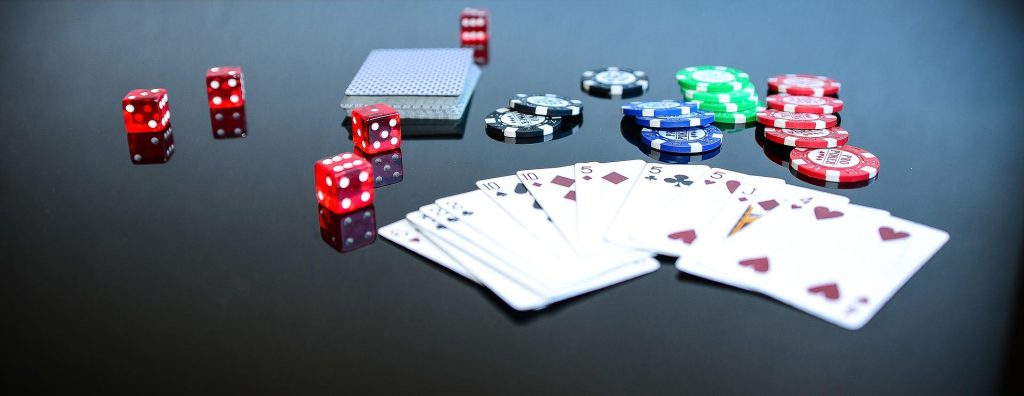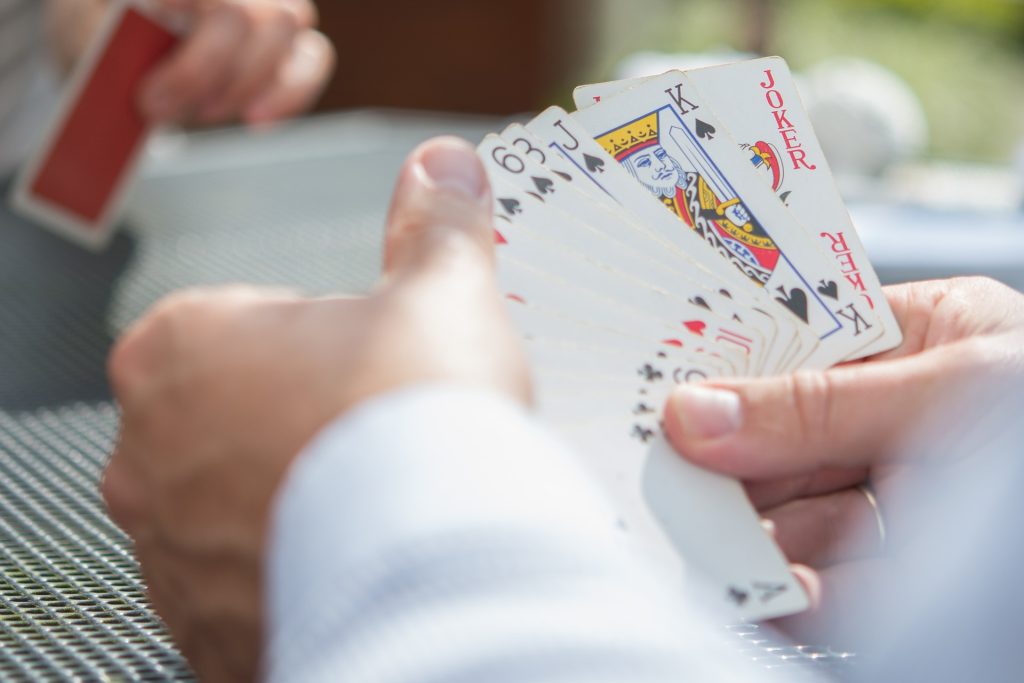Tips And Tricks On How To Master Your First Live Game In Poker Live

Have you ever thought about playing poker live? Some players may have concerns about playing in such an environment for the first time. They may fear that they will do something “wrong” or break etiquette or rules in some way. This article addresses this issue and gives you tips and tricks on how to master your first live game.
How much money do I need?
It is recommended to take multiple buy-ins for the games you would like to play. For example, if you are playing a €1/€2 cash game with a €200 buy-in, it usually makes sense to bring at least €600. For longer sessions, it is even beneficial to have more money with you, perhaps 5+ buy-ins. For security reasons, it’s probably a good idea to only take the amount you need. Also, many live locations only accept cash. Depending on the location, you will be able to withdraw cash through local ATMs, but the fees are often high. So it makes sense to bring the money in advance.
What types of poker games are offered?
Not surprisingly, the most common format is no-limit hold’em cash games. These are usually full-ring games (9-handed), although some locations also offer short-handed action.
It may be worth calling the location in advance to find out what games are offered and with what limits.
- The poker tables themselves usually have a waiting list. It is possible to join the waiting list upon arrival.
- However, it may be useful to call ahead to be added to the waiting list before arrival.
- This way you avoid waiting times that can occur when things are busy.
It might be tempting to indulge in some gambling while waiting. But it’s worth remembering that the house will always have an advantage here.
Unlike poker, it is impossible to win at these variants in the long run (at least not without an additional advantage).
How can I join a table?

If your name is on the waiting list, you will be contacted as soon as a place at a table becomes available.
You can then go to your table and place your buy-in cash directly on the table. The dealer then instructs the floorman to exchange the cash for chips. It is a good idea not to give the cash directly to the dealer, as they are often not supposed to accept money directly from the players.
- It may be a good idea to exchange your cash for chips at the cash register before you start playing.
- This way you can participate in the action immediately instead of waiting for the floorman to do it for you.
- Both options are acceptable.
When you join the action, you can either wait for the big blind or join the action immediately by posting the blind(s).
Feel free to ask the dealer what is required to participate in the action. After all, they are there to help the players.
How does the rake system work?
There are a few different methods used to pay rake in live poker. But in most cases, the rake is automatically taken from the pot by the dealer.
Usually, this amount is 2.5% to 10% of the total pot, but only up to a certain amount (known as a “rake cap”). Some locations may take a fixed fee for each hand, regardless of the size of the pot.
If at any time you are unsure, you can ask a staff member, including the dealer
What do I need to know about poker etiquette?
Here are our top 5 tips to help you avoid being unpleasant at the tables and stick to poker etiquette. 1. Follow the action – Acting out of turn not only irritates other players but can also be a form of cheating or “angle shooting”. You should follow the action carefully so that you know when it is your turn to act. If at any time you are unsure, approach the dealer. If he stares right at you, it probably means it’s your turn!
2. Don’t Splash the Pot – It is advantageous to stack your chips neatly in front of you, preferably in stacks of 20. If you are making large bets, it is good manners to bring your chips to the centre in an orderly fashion. Letting your chips fly in multiple directions (known as “splashing the pot”) will result in wasted time re-stacking them.
3) Keep chips visible in front of you – The larger chips in your stack should be visible. Players need to be able to quickly assess the size of their stack to make the best possible decisions. Your opponents may be upset if they later discover that your stack is much larger because you have hidden large chips. This can also be a form of angle shooting.
4. Do not make a string bet – A verbal action is binding and cannot be followed by another action. If you say the word “call”, you cannot make another raise. You are obligated to call. Certain moves are also binding. If you put 100€ in the pot, you cannot raise it to 200€ with another action. If you want to raise to 200€, you must either put all the chips in the pot at once or announce beforehand that you are raising to 200€.
5. don’t slow roll – If you end the action on the river and have an easy call, don’t take a long time before calling. If you take a long time to make a simple decision, the action is called slow rolling. Such actions can quickly make a player unpopular. However, don’t confuse slow rolling with “Hollywooding”, which means taking a long time to act when after you the action is not over yet. This action is acceptable, but do not overdo it!
Frequently asked questions

How can I ensure that my cards are not accidentally mucked?
It is recommended that you purchase a Card Protector to place on your hole cards. This ensures that the dealer knows that your hand is still in play.
Is it okay to talk at the poker table?
Talking at the table is perfectly fine, but be respectful when another player has a difficult decision. You make yourself unpopular by giving strategic advice to another player when they are thinking about a decision.
How can I avoid revealing tells?
Avoiding giving away tells takes some practice. Most new live players give away certain tells without realizing it. It’s worth figuring out how to make your actions similar despite the type of hand you’re holding.
For example, if you only do chip tricks when your hand is weak, your opponents might figure out that you have something if you stop doing chip tricks.
How do I know what the chips are worth?
Usually, the chips are clearly labelled with their value. So get used to the different chip colours and what they represent. If at any time you are unsure, ask the dealer.